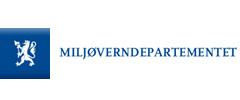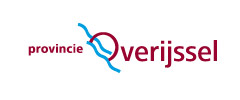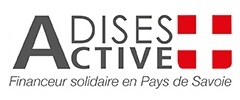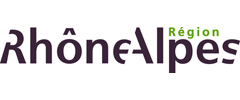WECF Work Programme 2007
Planned Activities of the WECF Network for the Year 2007
06.03.2007 |Sascha Gabizon

WECF Work Programme 2007
Objectives
The environmental and environmental health challenges in the EU and the EECCA region are great and diverse, requiring different instruments and approaches to address them.
WECF aims at achieving a Healthy Environment for All by 2020 in 4 thematic areas, Safe Chemicals and Waste, Safe Water and Sanitation, Safe Energy and Climate Change and Safe Food Production and Sustainable Rural Development. Achieving a Healthy Environment requires improved Public Participation in environmental policy development and implementation (Aarhus Convention), as well as Poverty elimination through Sustainable Development (MDGs).
Through WECF’s Work Programme 2007 WECF aims at building the capacity of the 80 WECF member organisations in 32 countries for effective policy participation and implementation, at demonstrating environmental sustainable solutions, at supporting policy implementation and improving the lives of more than 30,000 citizen’s in 20 countries, at formulating policy recommendations from lessons learned in project implementation and presenting them to EU and international policy makers, and finally, at achieving a balanced participation of women and men in policy making for and management of natural resources and health (Gender).
Actions and means involved
WECF works through 2 Secretariats with 25 part-time staff and local implementation partners in 20 countries.
WECF’s Health and Environment programmes will implement activities with partners from Armenia, Hungary, France, Greece, Germany, Netherlands, UK .
Results
• The capacity of 80 WECF members will have been built on:
• Policy recommendations will have been formulated and presented to policy makers from 32 countries in the areas of:
• 30,000 citizen’s will have started to benefited from demonstration project in the area of:
• Women and men’s participation in policy making will have become more balanced in:
(1) Energy poverty in Eastern Europe and challenges for climate change policies


































